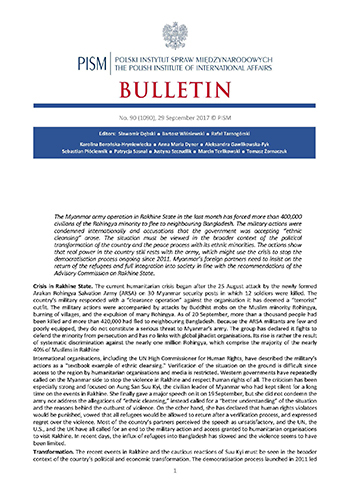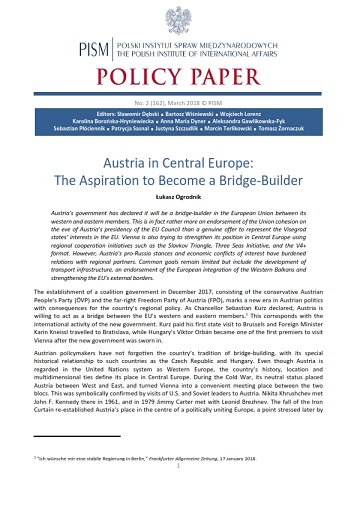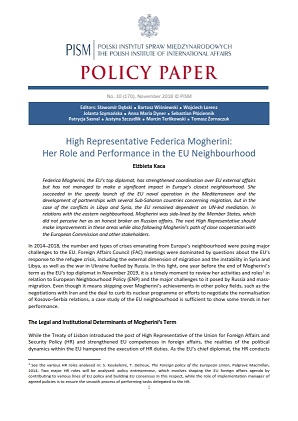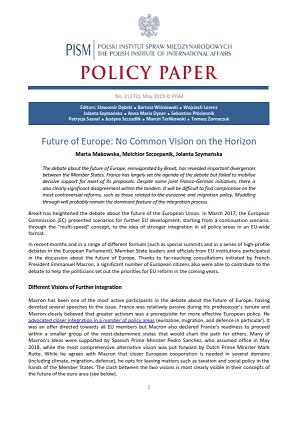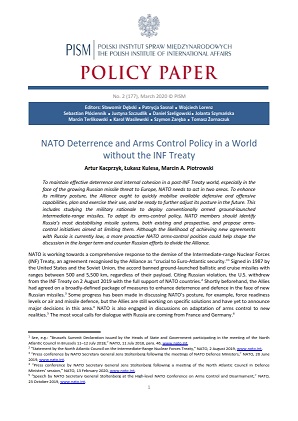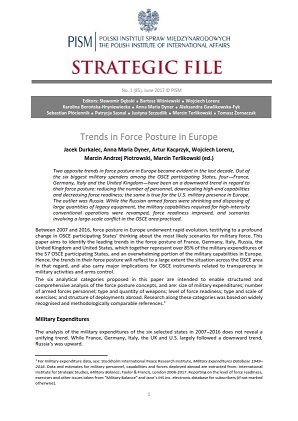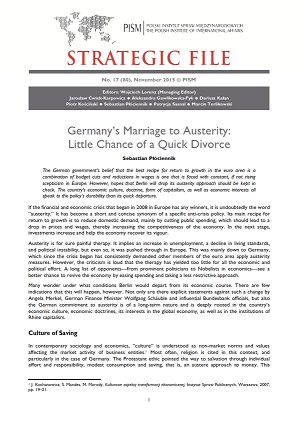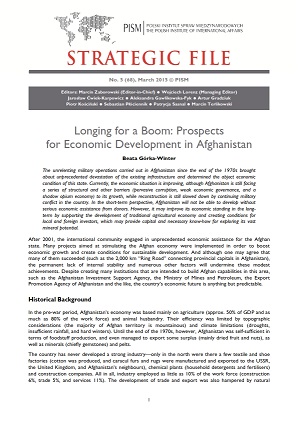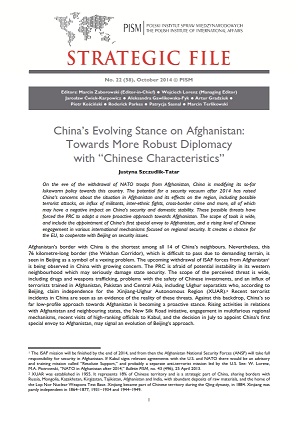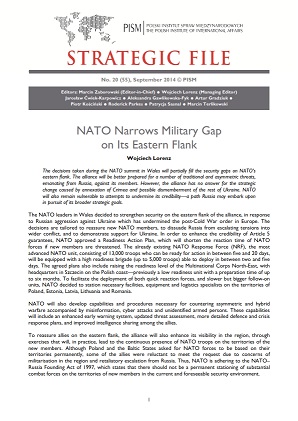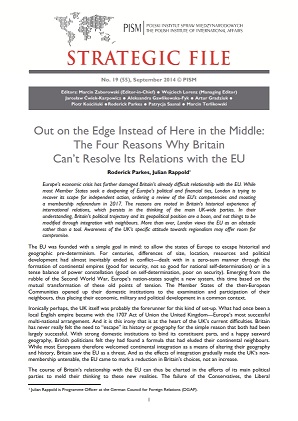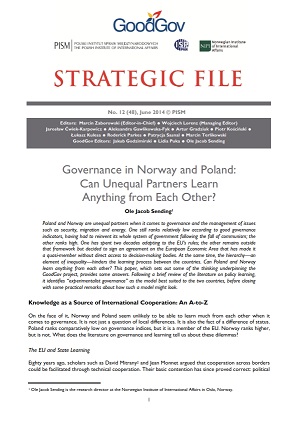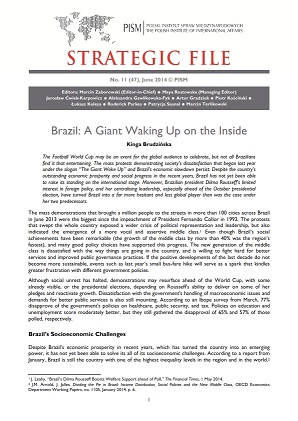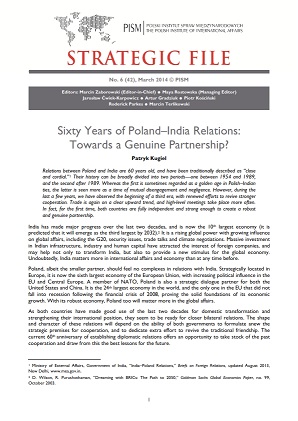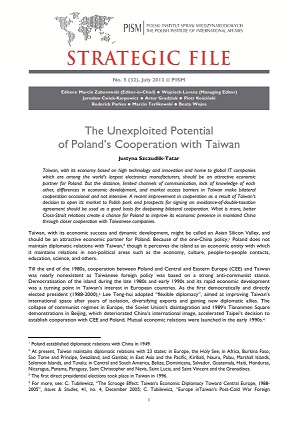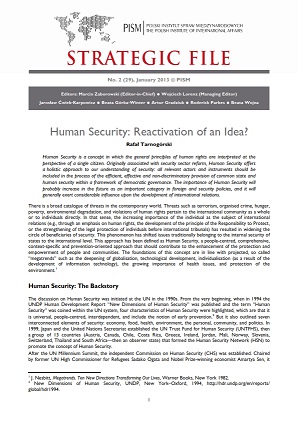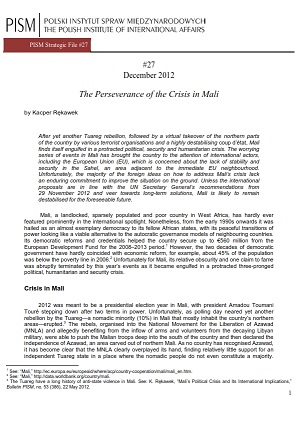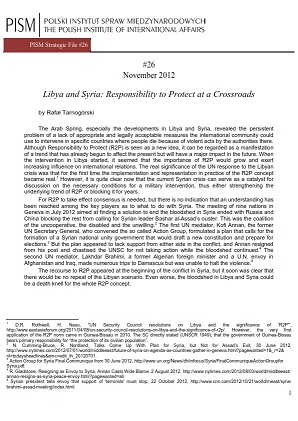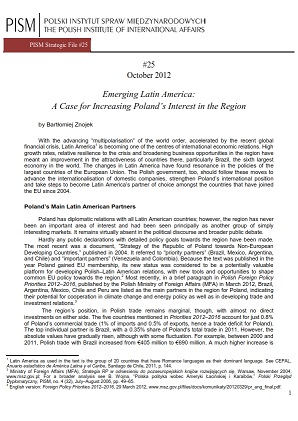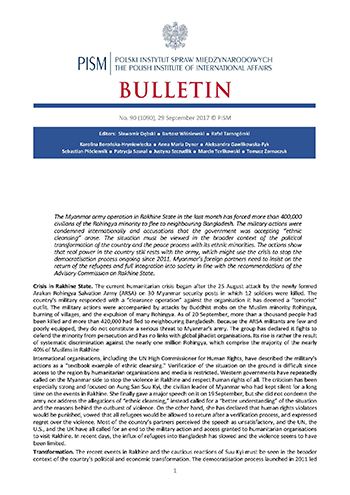
Turkey after the Failed 15 July Coup: A Challenge for the EU and the U.S.
Turkey’s domestic and foreign policy after the failed coup raises concerns for the European Union and the United States. Current developments in Turkey increase the political costs of Western leaders’ closer cooperation with President Recep Tayyip Erdoğan. At the same time, Turkey accuses its allies of hypocrisy and a lack of understanding. Thus, relations between Turkey and its Western allies remain at an impasse, which could force Turkish decision-makers to look for alternative solutions in the political and security spheres. This constitutes a challenge for the EU and the United States, especially in the face of a deterioration of relations with Russia and the migrant crisis.
More...
